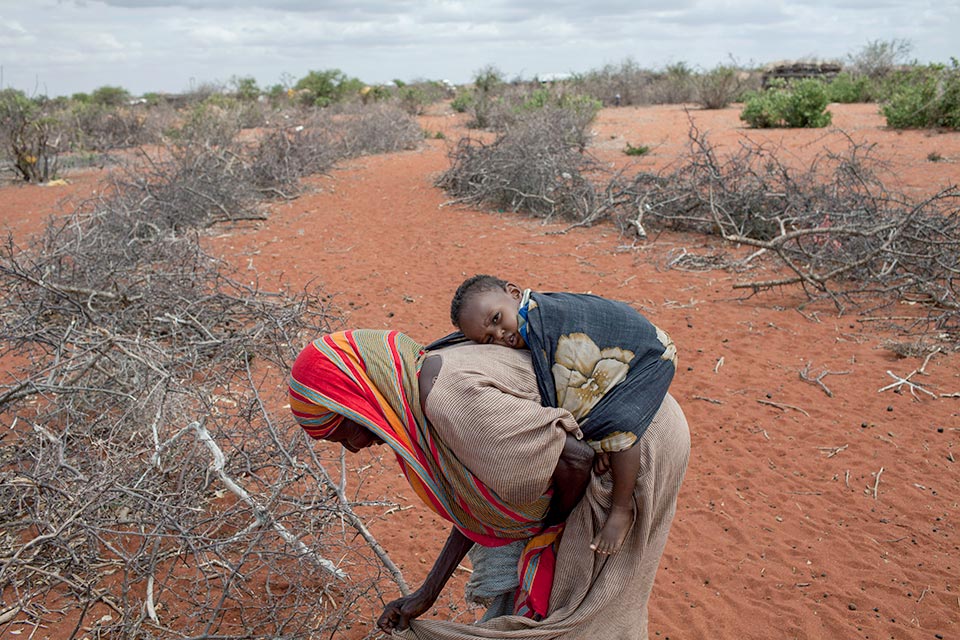
With the recent alterations in climate change, the World Bank has postulated there will be a high displacement of East Africans by 2050.
Within the next three decades, climate change will force tens of millions of East Africans to abandon their homes. This was noted by the World Bank on Wednesday. According to the World Bank, even with efforts to reduce the impact of climate change on this region of Africa, there will still be unavoidable displacements.
According to a report issued four days before the U.N. COP26 climate summit which begins in Glasgow, those that will be affected by this gross change will include farmers who are challenged with drought. These farmers will continually seek new arable land or even seek job opportunities in urban areas. Others will be driven out in search for clean water.
In recent years, East African countries, Kenya, Rwanda, Tanzania, Uganda and Burundi, have increasingly experienced extreme weather events – a clear indication of what is ahead in climate conditions. Since 2020, there have been excessive flooding, added to the worsening drought and locust infestation in the region. This has greately affected agriculture.
Speaking on the current situation, Hafez Ghanem, World Bank vice president for the region said: “Without broad, urgent action… as many as 38.5 million people could be internally displaced as a consequence of climate change by 2050.”
It is indeed a sad occurrence for the people of East African region. World Bank reports state that adaptation schemes, as well as the plan to reduce greenhouse gas emissions and fund climate change, have been projected to cut down the number of displacements by only 30%. However, concrete steps are being taken by the bank to ensure 35% of its financing over the next five years will go to projects which will curtail the effects of climate change. This was revealed by Ghanem.
Meanwhile, Kenya has taken the lead to establish a policy framework to manage climate risk, “though climate action is still under-funded,” said Keith Hansen, World Bank’s country director for Kenya.
Source: Reuters
Featured Image Source: Humanitarian Coalition

 Tems Becomes First African Woman To Break Billboard Record
Tems Becomes First African Woman To Break Billboard Record  Kagame Condemns International “Threats” Directed At Rwanda As US Sanction Looms
Kagame Condemns International “Threats” Directed At Rwanda As US Sanction Looms  Bandits Kill Nearly 200 In Kwara And Katsina State
Bandits Kill Nearly 200 In Kwara And Katsina State ![Saif al-Islam Gaddafi after being captured in Zintan, Libya, on November 19, 2011 [Ammar El-Darwish/AP Photo]](https://www.lionscrib.com/wp-content/uploads/2026/02/image-4-720x513.webp) Muammar Gaddafi’s Son Seif al-Islam Gaddafi Killed
Muammar Gaddafi’s Son Seif al-Islam Gaddafi Killed  US Set To Deport 79 Nigerians
US Set To Deport 79 Nigerians  Fela Kuti Becomes First African Artist To Receive Posthumous Grammy Lifetime Achievement Award
Fela Kuti Becomes First African Artist To Receive Posthumous Grammy Lifetime Achievement Award